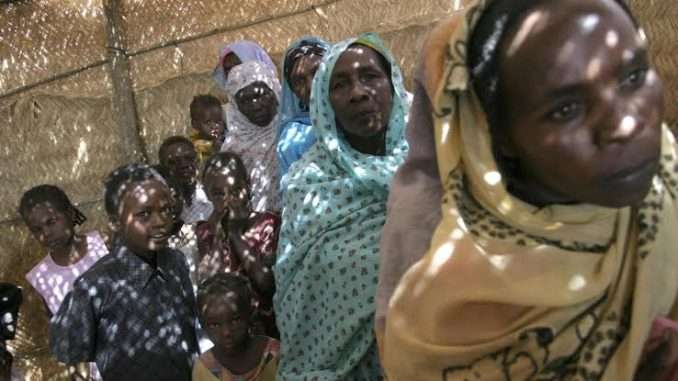
Female Genital Mutilation (FGM) remains a deeply entrenched practice in Nigeria, carrying devastating health implications and violating women’s sexual and reproductive rights.
Despite ongoing global and local efforts to eradicate this harmful tradition, its generational persistence continues. Recent studies indicate that 40% of mutilated women with daughters pass on the practice, underscoring the urgent need for sustained advocacy, education, and policy interventions to break this cycle.
As a dedicated lawyer and young politician in Nigeria, I have consistently championed the cause of women’s rights and the elimination of social and economic barriers that hinder their progress. My commitment to ending FGM and other harmful practices against women in Africa is unwavering.
Beyond being a health concern, FGM is a social convention deeply rooted in cultural norms and beliefs. Many women who have undergone the procedure do not perceive it as humiliating, especially when performed by trained medical personnel.
In some conservative communities, mothers justify it as a means of preserving virginity before marriage, promoting marital fidelity, and ensuring fertility.
These beliefs, though deeply flawed, illustrate the complex social dynamics that sustain FGM.
However, the physical, psychological, and emotional toll of FGM on women and girls cannot be overstated. The practice offers no health benefits and is associated with severe complications, including chronic pain, infections, childbirth difficulties, and psychological trauma. It is a violation of human rights and a major barrier to gender equality.
A Multifaceted Approach to Ending FGM
Addressing FGM requires a comprehensive strategy involving multiple stakeholders. Here are key steps to tackling this harmful practice:
- Education and Awareness Campaigns Empowering communities with accurate information about the dangers of FGM is crucial. By engaging community leaders, religious institutions, and local organizations, we can challenge the social norms that sustain this practice and promote cultural shifts.
- Legal Reforms and Enforcement Strengthening existing laws against FGM and ensuring their enforcement is essential. Legislation must go beyond being mere provisions on paper; it must be actively implemented through grassroots advocacy and strict legal action against offenders.
- Support for Survivors Providing medical, psychological, and economic support to FGM survivors is critical. Access to healthcare services, counseling, and economic empowerment programs can help survivors rebuild their lives and prevent further victimization.
- Engaging Men and Boys Ending FGM requires the involvement of all members of society, including men and boys. By educating them about the harms of FGM and encouraging them to become advocates for change, we can foster a more inclusive movement for gender equality.
- Whistleblowing and Protection for Reporters The principle of “See something, say something” should be integrated into our legal framework. Whistleblowers must be granted protection from discrimination, mob action, and retaliation to ensure that violations are reported without fear.
My vision as a young woman in politics is a Nigeria and indeed, an Africa—where women and girls are free from all forms of violence and discrimination.
The well-being of young women is integral to societal progress. By addressing FGM and other harmful practices, we can create a future where every girl has the opportunity to thrive, free from fear and pain.
The fight against FGM is not just a women’s issue; it is a societal issue that demands collective action. Together, we can break the cycle of generational continuation and ensure that no girl has to endure the physical and emotional scars of FGM.
Juliet Isi Ikhayere-Asekomeh’s commitment to this cause serves as a beacon of hope. Her leadership reminds us that change is possible when we stand united for justice and equality.
Let us join hands to end FGM in Nigeria and across Africa, reaffirming our commitment to the rights, dignity, and well-being of every woman and girl.
